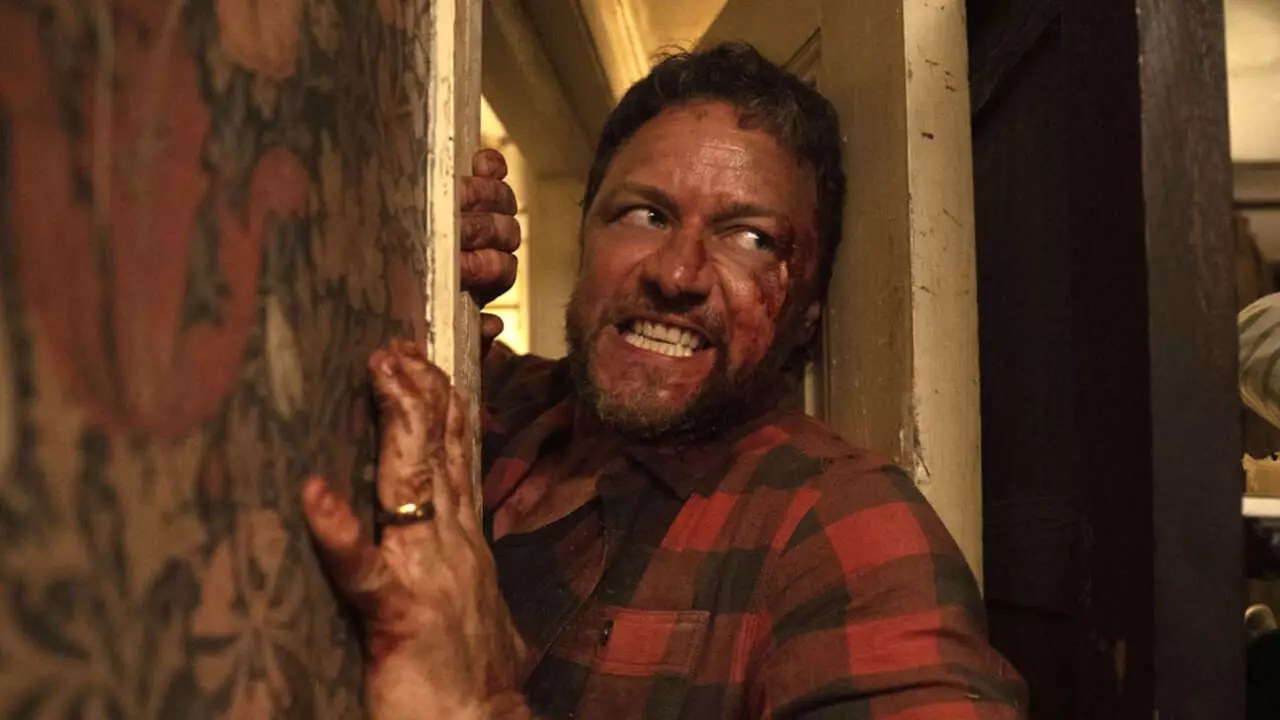The recent American adaptation of the Danish horror film *Speak No Evil* has made waves, albeit modestly, at the box office. Earning approximately $24 million globally, this performance has almost compensated for its relatively low production budget. Such a financial return might typically be viewed as an indicator of success; however, the reaction to the film’s content—specifically its departure from the darker tone of the original—has raised eyebrows, particularly from the visionary behind the source material, Christian Tafdrup.
In a recent interview on the Danish radio show *Kulturen*, Tafdrup expressed his dissatisfaction with the American remake, specifically criticizing its altered ending, which offers a sense of false hope in stark contrast to the unsettling conclusion of the original 2022 film. He argued that American culture is steeped in narratives where good overtakes evil, a perspective that, in his view, overlooks the nuanced and often bleak realities depicted in more global storytelling. Tafdrup lamented the inclination of the remake to tie up loose ends, suggesting that the film’s creators were not bold enough to embrace the darker thematic elements intrinsic to the original work.
The commentary highlights a fundamental cultural difference between European and American cinema, particularly in the horror genre. Tafdrup’s assertion that the American audience’s preference for “happy endings” influences filmmakers to cater to these expectations reveals an essential tension in creative storytelling. In the original *Speak No Evil*, the harrowing fate that befalls the characters serves to emphasize the unpredictability of real-life evil, a stark narrative choice that resonates deeply with audiences who appreciate the psychological and existential inquiries often explored in international films.
Conversely, director James Watkins’ vision for the remake aligns with an American cinematic tradition that favors resolution and triumph over adversity. The filmmakers recognized the necessity to craft a narrative that not only entertains but also reassures audiences, thus propelling them to ensure that characters involved would ultimately challenge the antagonistic forces they face.
Interestingly, while Tafdrup’s concerns are rooted in artistic integrity, the box office numbers suggest that audience appetite leans more toward familiar, comforting narratives. The financial success of the remake starkly contrasts with the original’s box office performance, which grossed a mere $631,249. This disparity raises questions about whether box office figures should dictate the direction of horror narratives, or if, instead, filmmakers should remain steadfast in their creative integrity, even at the risk of reduced commercial viability.
The dialogue surrounding *Speak No Evil*’s remake highlights broader conversations about cultural storytelling practices. It serves as a reminder that while financial success is significant, the essence of a story often lies in its authenticity and its capacity to challenge audience perspectives. As the horror genre continues to evolve, the tension between commercial viability and artistic intent remains a pivotal topic of discussion for filmmakers, critics, and viewers alike.


Leave a Reply